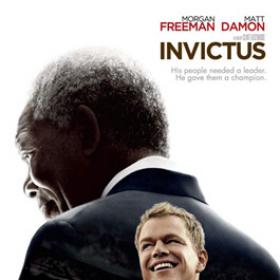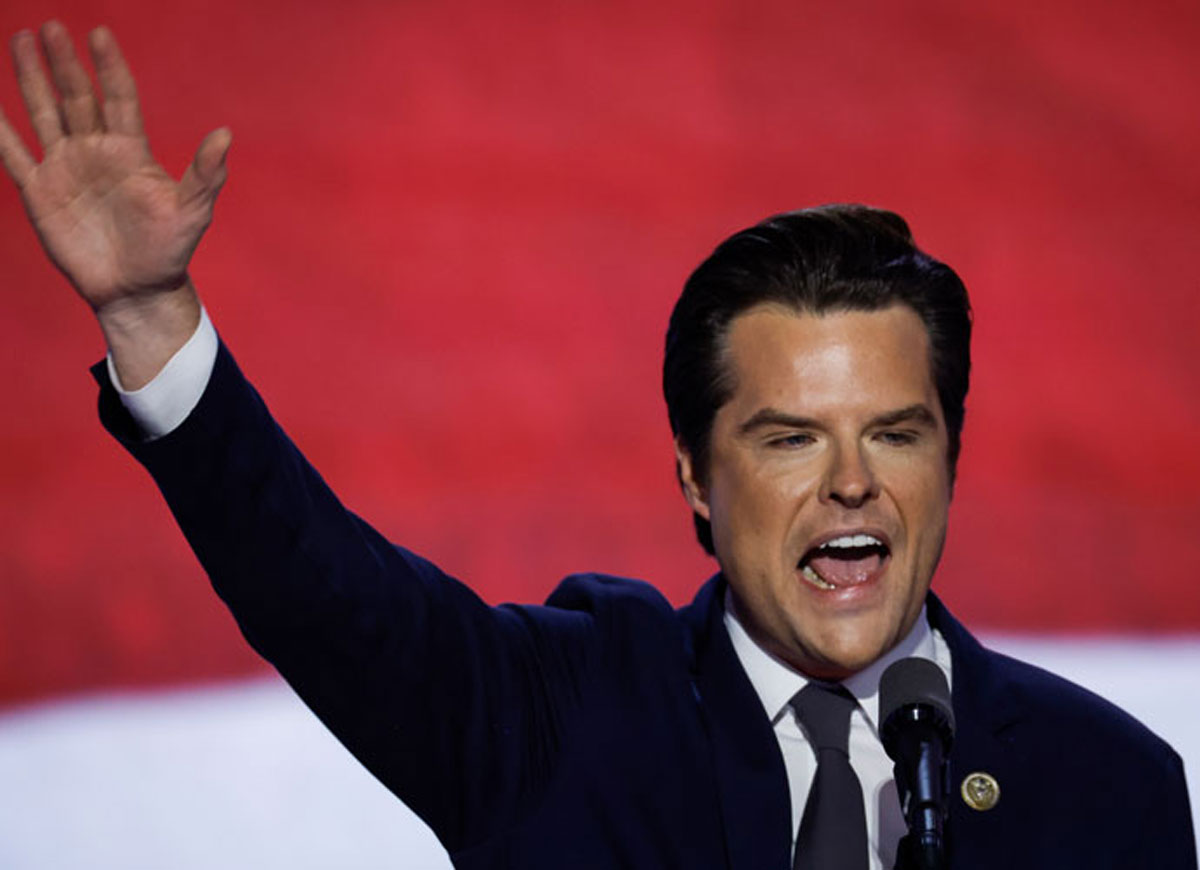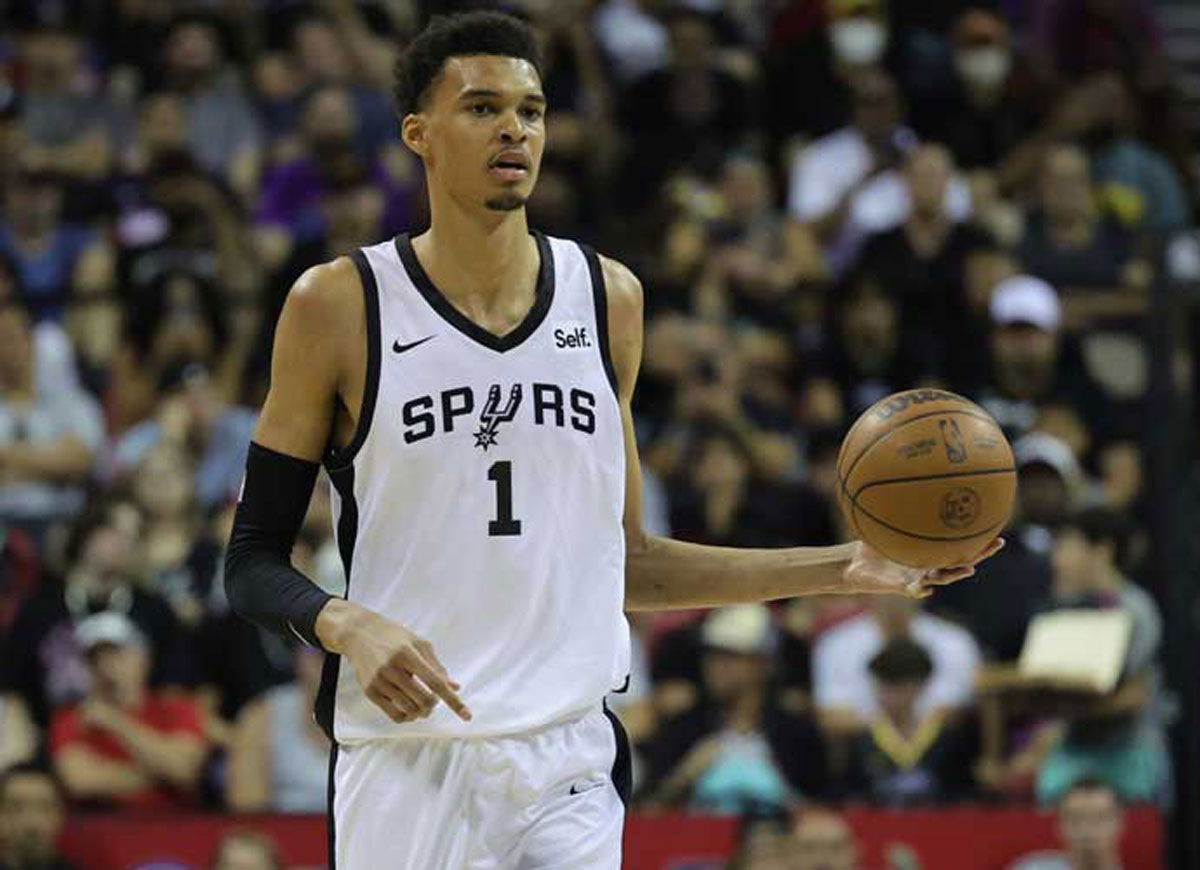Invictus

3.5/5
These days Awards season just doesn’t seem complete without a Clint Eastwood period drama, and looking at the Oscar-baiters this year it seems clear that Apartheid is the new Holocaust. While we have learned to never underestimate the Old Master this ambitious portrait of the former South African leader Nelson Mandela might at a distance seem a step beyond even him. An adaptation of Jon Carlin's book Playing the enemy Invictus shows how Mandela risked much of his political capitol in throwing his full support behind the South African rugby team, viewed by the newly empowered black majority as a fierce symbol of the Apartheid regime, in the hope that they could triumph at the upcoming Rugby World Cup.
Cooked up out of such unpalatable ingredients as foreign countries and funny accents, it's a story that tackles such prickly issues as race (eww!) and politics (ugh!) and this funny sport with complicated rules that most Americans have never seen. Then there is the issue of Mandela himself. Arrested for anti-apartheid activities, imprisoned for twenty-seven years, released and finally elected President, Mandela is of such reverence and stature – considered saintly by some – that you wonder who in the world could ever effectively show us Mandela the man?
Enter Morgan Freeman, an actor who has quietly and without fuss risen to the very top of an industry where, ironically enough, skin color can still provide a problem. The fact that Freeman, long before anyone had heard of Obama, was able to play both the President of the United States, and later God, without anyone batting an eyelid tells you everything. Only an actor of Freeman’s caliber can deliver lines like: “Forgiveness removes fear. It liberates the soul” with sufficient gravitas and sincerity, in much the same way that only a man with Mandella’s compassion could endure twenty-seven years of backbreaking hard labor and then turn around and unconditionally forgive his jailors. While the accent occasionally deserts him, Freeman has that purposeful shuffle-walk down cold. Invictus, which translates from the Latin as “unconquerable,” is one parts biopic, one parts sports movie, and one parts social drama that taken together renders a sprawling, intricate slice of powerful history into a meaty, easily digestible underdog story courtesy of a superb storyteller who quite frankly makes it look all so easy.
Few directors have mastered the art of marrying rich, layered storytelling with ruthless efficiency in the way Eastwood has, and his opening sequence is an expert instruction in deceptively simple technique. As a prison motorcade carrying a freshly released Nelson Mandela rockets down an inner-city road, we immediately grasp the greatly divided nation in a state of flux. On one side a team of neatly uniformed white Afrikaans practice rugby on a neatly groomed pitch, and on the other a ragged group of black children kick a soccer ball around a dirt patch. The black children rush to the rusty fence to cheer while the white children shake their heads and look to the floor. The television announces Mandela’s landslide election victory and the huge black majority takes to the streets in celebration. Meanwhile Mandela sits in his office quietly contemplative of the task of unifying a broken country. It’s a stunningly simple sequence that effectively conveys a political climate rife with more than fifty years of past oppression, the precariously balanced present, and the uncertain future characterized by realized hope and reserved fear in just under three minutes.
Typically when you think latter day Eastwood you think of emotional distance, despair, and tragedy, where as this is far more warmth, hope, and triumph. Much of the story plays out from the point of view of Mandela’s security detail, which serves as a microcosm for the racial tension. His black bodyguards are suddenly (and inexplicably to them) thrown together with whites from the previous administration that for the longest time served as the sharp end of the violently oppressive Apartheid regime. As they pour over Mandela’s upcoming schedule and plan security the tension between the cliques, muttering in different languages and glaring across the room, is positively palpable.
A man of calculating political acumen Mandela’s seemingly insurmountable task was to balance black hope and white fear together and unify the country behind the upcoming world cup and the crazy idea that they could possibly go all the way. He realized that while blacks were the overwhelming majority the whites still controlled the army, the police, and the economy, and that to disregard them in the same way that they had done would be a disaster for the country. For Mandela it truly is about the country first and at the heart of his reform is a sense of great shame and embarrassment that his nation has for so long been an ugly, emancipated blight to the rest of the world.
Damon also co-stars as the Captain of the South African team Francois Pienaar, and he has bulked up and really looks the business in the scenes out there on the pitch. The rugby scenes too are very fluid, very kinetic, very easy to follow and do the sport a great justice. Only very occasionally does Eastwood's sentiment get the better of him, most notably in a few cringe-inducing choices of a slightly intrusive soundtrack, but for the most part the director simply leaves well enough alone and the usual charges of emotional button pushing do not apply here because this story simply speaks for itself. In spite of its off-putting appearance American audiences should lap this one up as one of the all time great underdog stories that takes in such US favorites as, righteousness, triumph over adversity, and of course, sports, and at the same time transcends all of them.
Starring: Morgan Freeman, Matt Damon, Julian Lewis Jones, Langley Kirkwood, Tony Kgoroge
Director: Clint Eastwood
Runtime: 134 Minutes
Distributor: Warner Bros.
Rating: PG-13
1 Comments
Leave a comment
RELATED ARTICLES
Get the most-revealing celebrity conversations with the uInterview podcast!







Matt Damon’s accent was epic! Good for him! 🙂
I think the soundtrack had a lot of important songs in terms of South African music and culture in it, so it didn’t seem too much to me.
Well played, Clint Eastwood.